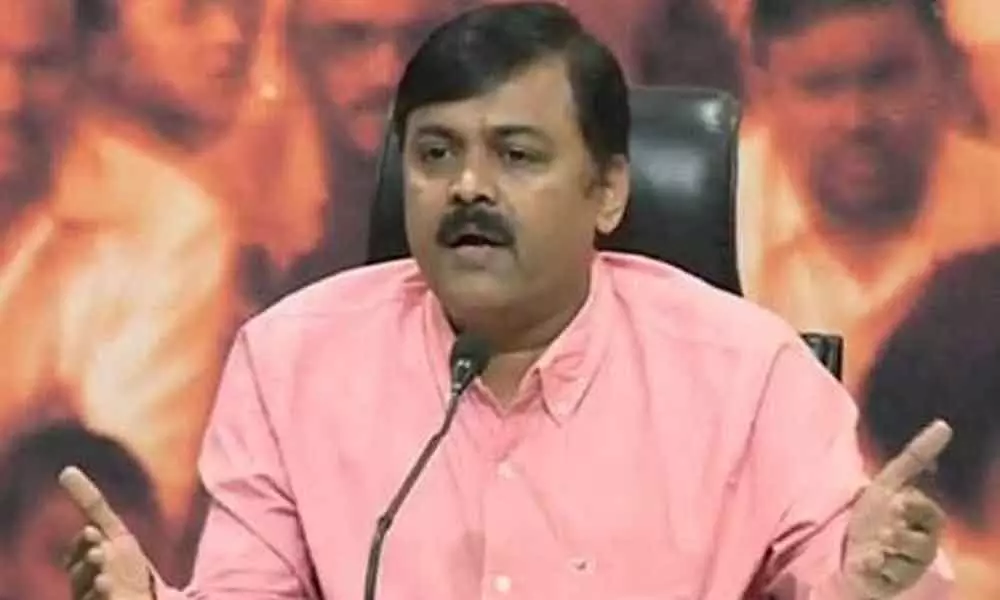Just In

Rajya Sabha member and National General Secretary of the BJP, GVL Narasimha Rao said that he would write to the Rajya Sabha Chairman seeking action against Kerala chief Minister Pinarayi Vijayan for breach of Parliamentary privileges.
Rajya Sabha member and National General Secretary of the BJP, GVL Narasimha Rao said that he would write to the Rajya Sabha Chairman seeking action against Kerala chief Minister Pinarayi Vijayan for breach of Parliamentary privileges.
The Kerala legislative assembly had on Tuesday passed a resolution against the Citizenship Amendment Act (CAA), describing it as unconstitutional.
The Kerala assembly resolution was tabled by the chief minister who said that the CAA was against the secular outlook of the country. He added that it would lead to religion-based discrimination in granting citizenship.
The resolution was backed by the ruling CPM and Congress, while the lone BJP member in the Kerala assembly, O Rajagopal opposed it. The resolution sought retraction of CAA by the Centre.
GVL Narsimha Rao commented that the resolution of the Kerala assembly set a dangerous precedent. Such actions would lead to constitutional anarchy, he observed.
He reminded the Kerala chief minister that the legislation was enacted by the Parliament and that no state government had the right to deem it unconstitutional.
Union law minister Ravi Shankar Prasad endorsed his Rajya Sabha colleague's view and slammed the Kerala chief minister for tabling the resolution in question.
The Central law minister said that he only hoped that the Kerala Chief Minister would get better legal advice.
It remains to be seen how this issue plays over the next few days and weeks in view of the fact that it could have a cascading effect on other state governments in the country.
Meanwhile, as Congress spokesmen have pointed out, the matter will be heard by the Supreme Court.

© 2025 Hyderabad Media House Limited/The Hans India. All rights reserved. Powered by hocalwire.com







